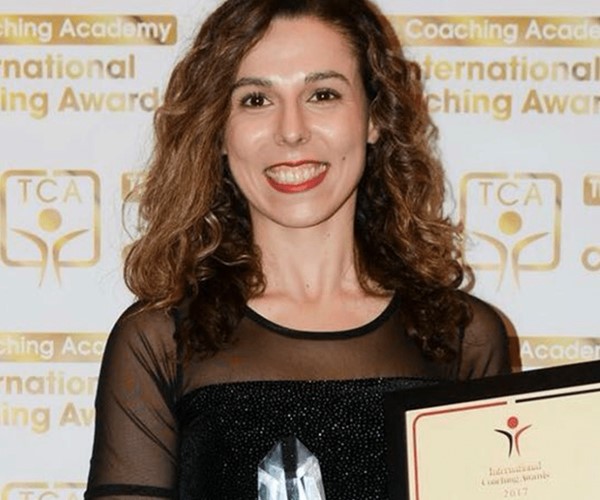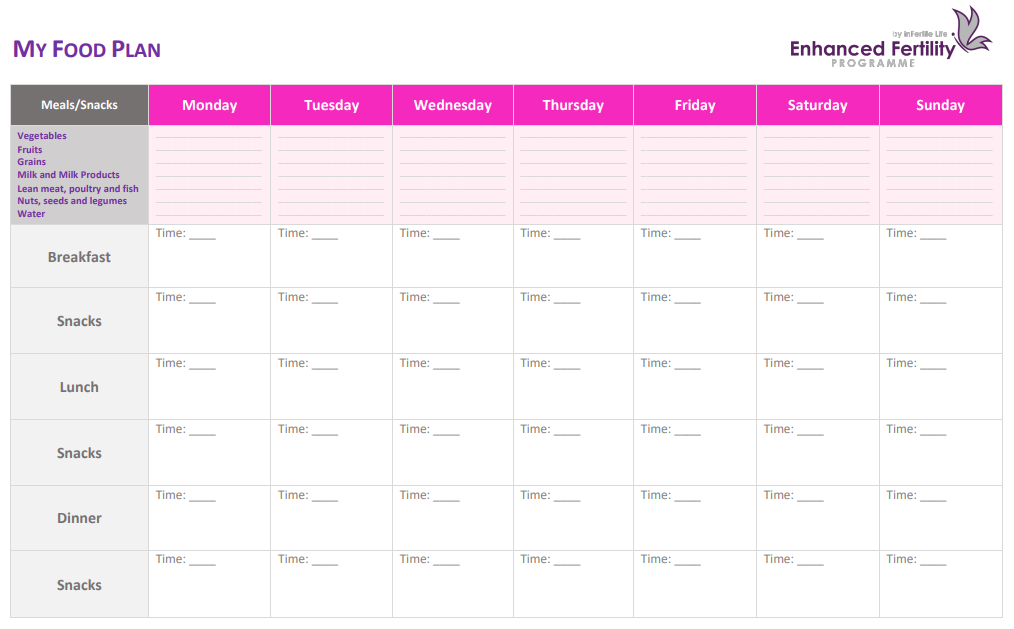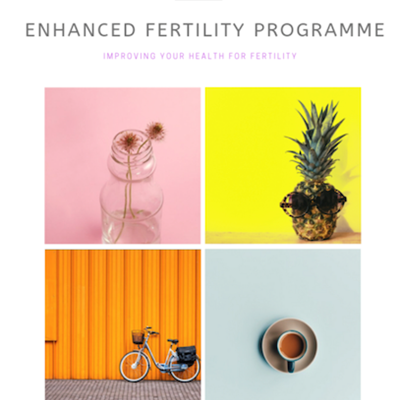Health management when getting ready for pregnancy
Fertility nurse consultant Andreia Trigo gives her expert opinion

Andreia Trigo, RN BSc MSc, is a Fertility Nurse, Neurolinguistic Programming (NLP) coach, author and distinguished speaker. She combines her medical expertise and one-to-one “mind” coaching to help individuals through their fertility journey.
Andreia spoke to Gynii Me about looking after the health of your body and mind while preparing for pregnancy. She shared the following top tips for those preparing to start a family:
- Get up to speed on the improvements you can make to your diet, to ensure your body, eggs and sperm are in the best state they can be for pregnancy.
- Put this knowledge into practice by sticking to your nutrition improvements.
- Find time for at least 30 minutes of light exercise every day, but avoid strenuous exercise or exercising for too long.
Want to know more? Read on for health management when getting ready for pregnancy.
Q. Why is managing one’s health so important when preparing for pregnancy?
AT: “Many of our current lifestyles – what we eat, our work-life balance and our environment – are creating disease within ourselves.
Health management is important not only from an overall health perspective - to live longer, healthier and happier lives - but also to help improve fertility. Lifestyle choices can affect the quality of eggs and sperm, the ability to get pregnant and the ability to carry a pregnancy to full term."
Q. What recurring mistakes do women make when preparing for pregnancy?
AT: “I wouldn’t call them mistakes, but rather bad habits related to lifestyle or lack of information. For example, regularly eating pre-made meals is convenient, but these often lack vital nutrients. Our bodies need to work extra hard and use a lot of energy to find the nutrients in processed foods.
Some women don’t receive the right information, such as the importance of taking folic acid supplements when trying to get pregnant.
For a woman, going to the doctor as soon as you plan to get pregnant is key. That way, the right advice can be provided, such as what supplements to take, and other ways to look after yourself.
Then there's also the problem of people not “following up”. Once a woman gets pregnant, she might not realise that she may benefit from extra support. Getting the right information at the right time and attending all your midwife appointments, to make sure that everything goes as best as it can go.”
Q. Many people find it difficult to follow a diet. When it comes to nutrition, how do you advise couples who find a nutritional plan restrictive?
AT: “As a nurse, I recognise that when we tell patients that they need to change their eating habits, it's generally not the lack of knowledge that makes them continue to eat unhealthily. It's the challenge of changing eating habits which have built up over many years. It's so hard to break those habits!
To tackle this, we start by talking about the difference between dieting and nutrition.
A diet is usually seen as something that is restrictive, that lasts only a couple of weeks. A diet is something that you're not able to maintain for a long period of time.
We encourage a focus on good nutrition - nourishing the body - and forming new habits that you will be able to retain, not only now, but hopefully for the long run. Improving your own health helps to ensure your child is also healthy and gets the best possible start in life.
So how do we tackle bad eating habits? One way is to start with a food diary. Couples begin by completing a food diary – of what they are eating - for the whole week. Then we talk about the food that is actually nourishing for their body; the things that they are doing right, the things that could be better managed. So, we never call it a diet, we call it a food diary.”

Food diary template used in Andreia's Enhanced Fertility Programme
Q. On your website you mention that different types of exercise can be good or bad for women who are preparing to get pregnant. How does exercise affect fertility?
AT: "Exercise is linked to improvements in quality of life, emotional well-being and weight. So when it comes to exercise, any exercise is better than none at all.
Healthcare professionals generally recommend at least 30 minutes of moderate exercise a day; activity such as walking, running and yoga.
What we need to be careful about is doing too much exercise. Research shows that too much exercise can negatively affect our fertility; as can becoming too thin (i.e. having a very low a BMI). If you are trying to conceive, we usually advise avoiding extreme intensity and extreme frequency when exercising”
Q. You also mention that habits, addictions and our environment play a role. How do these things affect fertility?
AT: “People may not be aware of the effects of smoking, drinking, or doing drugs. In particular, young people not actively trying to start a family now, may not be aware of how much their current habits might have an effect a few years down the line, when their plans include starting a family.
Environmental factors can also play a part in fertility. One of the most surprising aspects has to do with plastics, especially those containing BPA.
When we start looking at our homes, you realise everything comes in plastic - the food we buy in the supermarkets, our makeup, shampoo bottles, everything. This plastic enters our bodies and can affect fertility.”
Q. What single piece of advice would you give to couples preparing to start a family?
AT: “I would tell them to think about this as the beginning of a new phase of life, in which you are beginning your journey to being healthy and living long. So that you not only get pregnant, but you can stay pregnant and raise the child giving him or her the best start in life that a child can possibly have.
Don't think about this as just one small piece of your life, but one that will have a long-term effect.”
Want to know more?
Andreia Trigo, RN BSc MSc, is a Fertility Nurse, Neurolinguistic Programming (NLP) Coach, author and distinguished speaker. She combines her medical expertise and one-to-one “mind” coaching to help individuals through their fertility journey. Andreia’s approach helps “balance body, mind and soul”.
If you are looking to improve your diet and lifestyle habits, please visit <www.infertile-life.com> for more information about Andreia Trigo’s company, inFertile Life, and how its visionary approach can support you.
To find out how Gynii Me can help you at each step of your fertility journey, visit us at: www.gyniime.co.uk, or contact us on: +44(0) 1892 5476 00, or at: hello@gyniime.com.

Enhanced fertility programme provided by Andreia Trigo

Connect with us